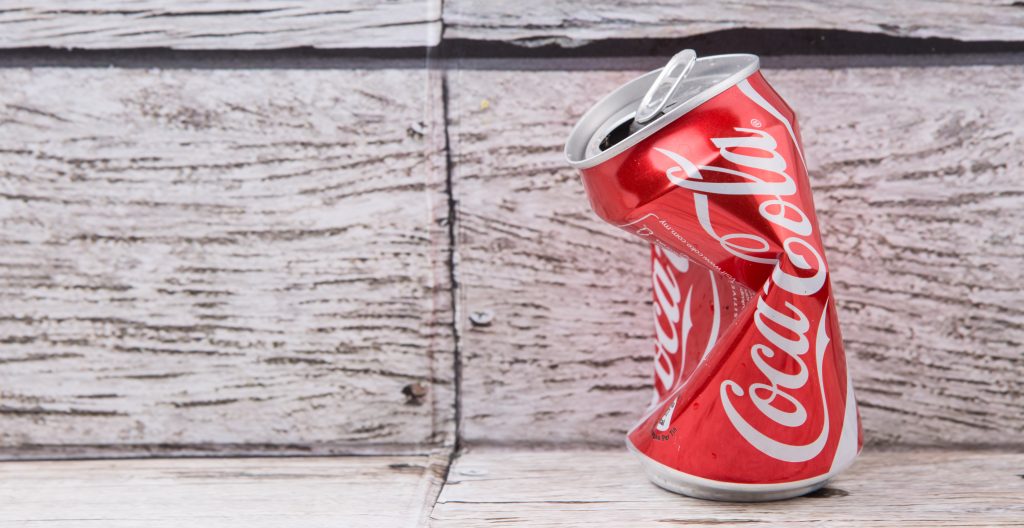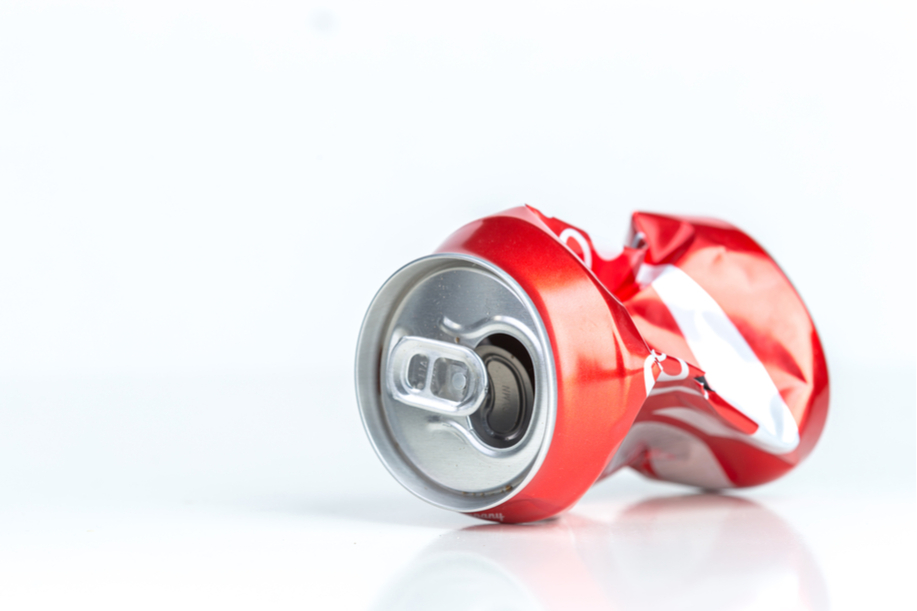Washington, DC – The Ralph Nader-inspired Center for Science in the Public Interest (CSPI) misrepresented government nutrition data in a June 2003 petition to the Food and Drug Administration, which demanded that the FDA force food producers to reduce the amount of acrylamide present in their products. Today the Center for Consumer Freedom (CCF) submitted a reply brief to the FDA, detailing how CSPI arbitrarily “adjusted” government statistics and made faulty assumptions about the minimal risk to consumers from dietary acrylamide.
“CSPI has a long history of fudging numbers and deceiving consumers with questionable science,” said CCF Director of Research David Martosko. “It has become our nation’s chief promoter of needless dietary anxiety. Acrylamide has not been shown to cause a single human hiccup, much less cancer.”
In making its flawed case to the FDA, CSPI acknowledged that it arbitrarily “adjusted [USDA] consumption data” reflecting Americans’ intake of nine categories of foods, suggesting that participants in surveys typically underestimate consumption of certain foods. The resulting inflated numbers allowed CSPI to suggest that Americans consume 27 percent more acrylamide than U.S. government data actually indicate.
CSPI’s petition also makes the unsubstantiated claim that Acrylamide “might cause (pancreatic) cancer in humans,” but CSPI goes on to admit in a footnote that the authors of its cited study “did not find an association between acrylamide and cancer.”
A January 2003 study published in the British Journal of Cancer demonstrated absolutely no link between acrylamide and human cancers. Lead researcher Dr. Lorelei Mucci told MSNBC: “The amount of acrylamide people are taking in is probably not sufficient to raise the risk of cancer.” Mucci’s study also found that high acrylamide intake appears to lower consumers’ risk of colon cancer.
More recently, an Italian study published in the International Journal of Cancer found no link between fried potatoes (French fries, potato chips) and various human cancers. Lead researcher Claudio Pelucchi wrote that his team’s data “provide reassuring evidence for the lack of an important association between consumption of fried/baked potatoes and cancer risk.” This hospital-based, case-control study examined cancers of the oral cavity and pharynx, larynx, large bowel, breast, and ovary.
CSPI presented its FDA petition to the media along with a letter of support co-signed by Chicago’s Dr. Samuel Epstein. The American Association for Cancer Research ranks Samuel Epstein as “the least credible scientist on issues of environmental cancer.” The American Cancer Society and the Canadian Royal College of Physicians and Surgeons have also debunked Epstein’s numerous false and misleading cancer scares.
On a Canadian radio program in January 2003, CSPI president Michael Jacobson declared (without offering any evidence) that acrylamide is causing “tens of thousands” of cancers among Canadians. And in May 2002, CSPI provided its initial acrylamide testing data to “Environmental World Watch,” a front group for California trial lawyers filing acrylamide lawsuits against American restaurants and food producers.
CSPI’s acrylamide report is not the group’s first attempt to manipulate the public and media with manufactured hysteria. In 1998 CSPI’s hit piece on soda pop, titled “Liquid Candy,” was withdrawn after CSPI’s researchers admitted over-reporting soft drink consumption among American teenagers by 100 percent. CSPI’s correction came after the mass media had picked up the original (flawed) story. Some still cite it today.
“These pseudo-scientific activists owe American consumers an apology for trying to scare them half to death,” CCF’s Martosko added. “In their zeal to demonize French fries and potato chips, they went out of their way to manipulate government survey data. And they conveniently forgot that beets, spinach, jams, jellies, tomato sauces, and apple pies are all sources of acrylamide. This organization’s campaign of fear is definitely not ‘in the public interest’.”
To review a copy of The Center for Consumer Freedom’s reply brief to the FDA or for more information about the Center for Science in the Public Interest, visit www.CSPIscam.com
The Center for Consumer Freedom is a nonprofit coalition supported by restaurants, food companies, and consumers working together to promote personal responsibility and protect consumer choices. To learn more, visit www.ConsumerFreedom.com.




